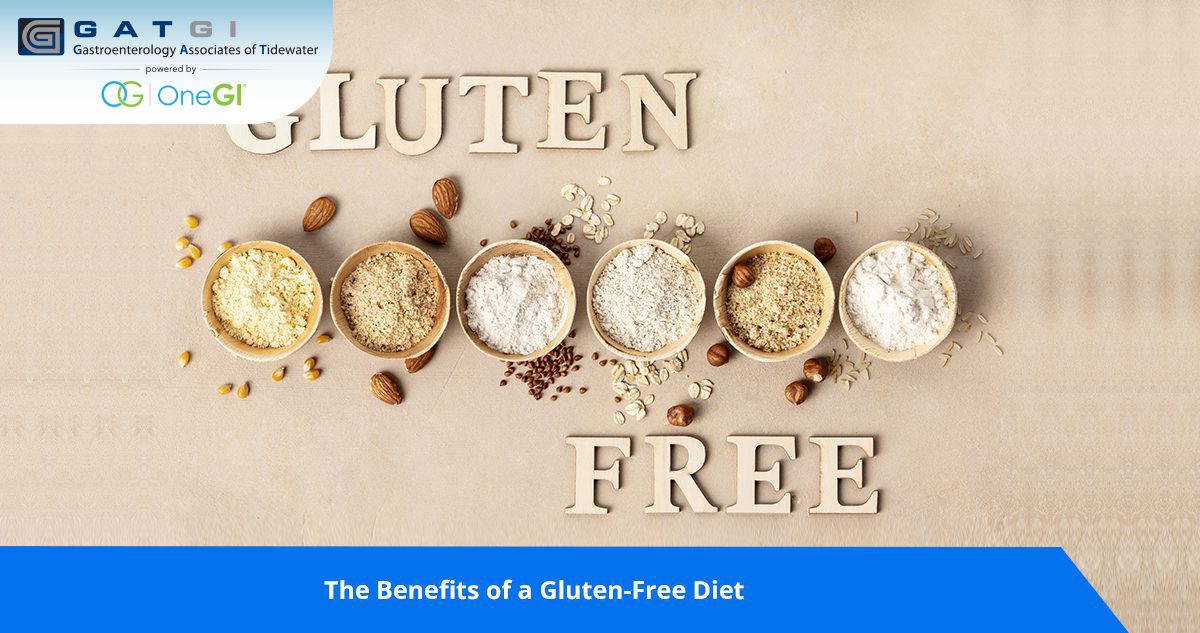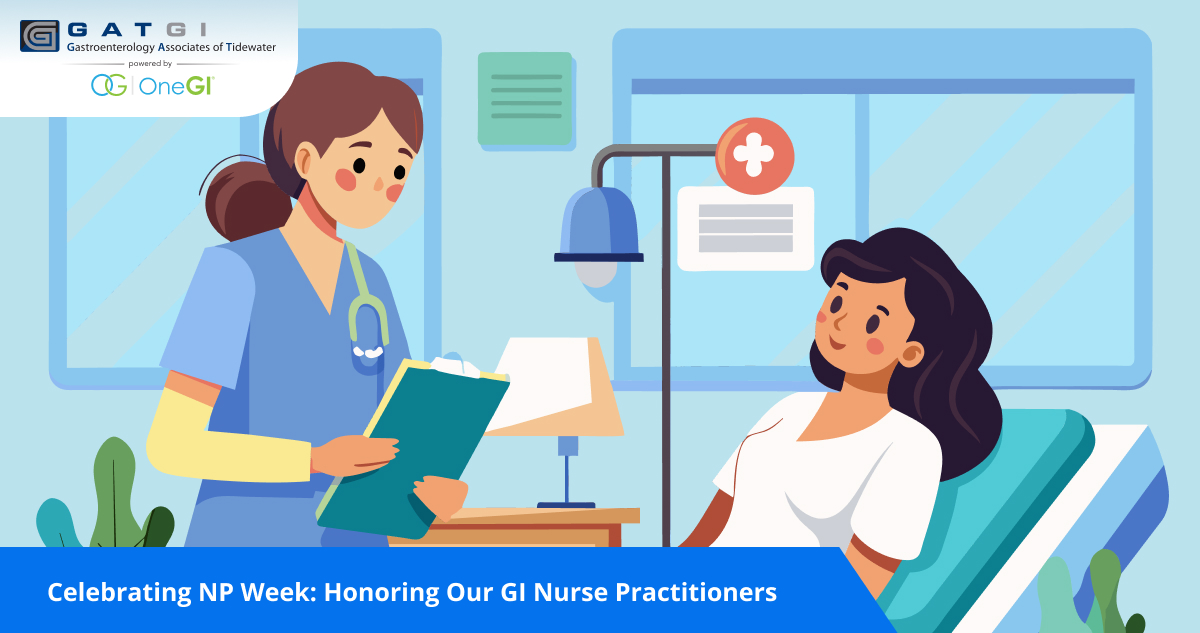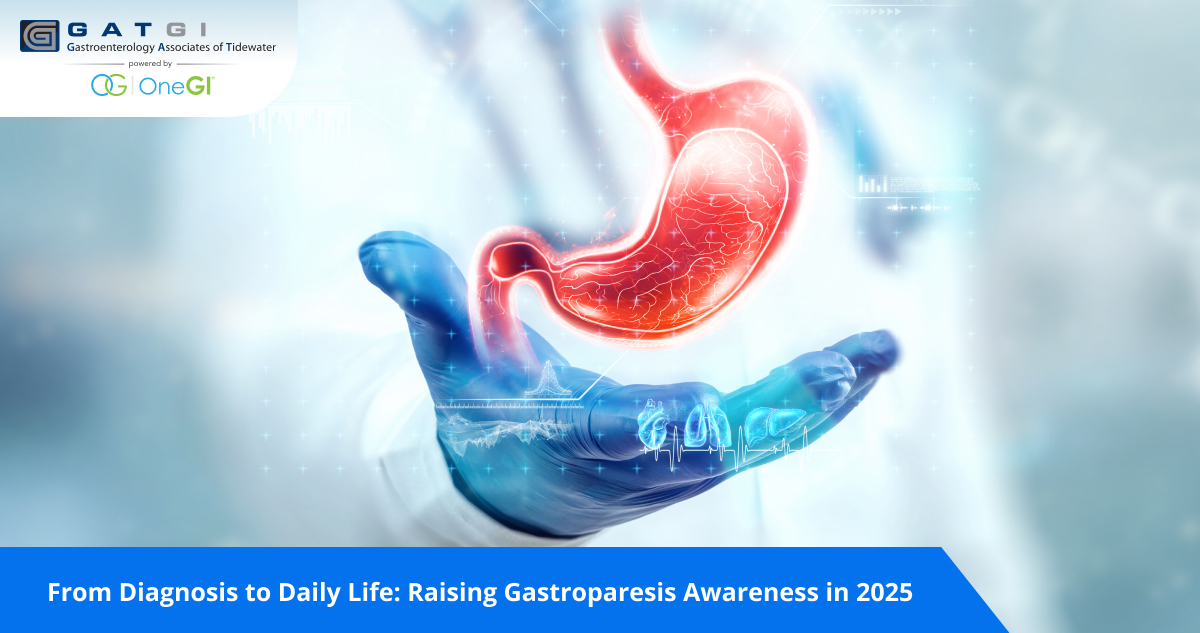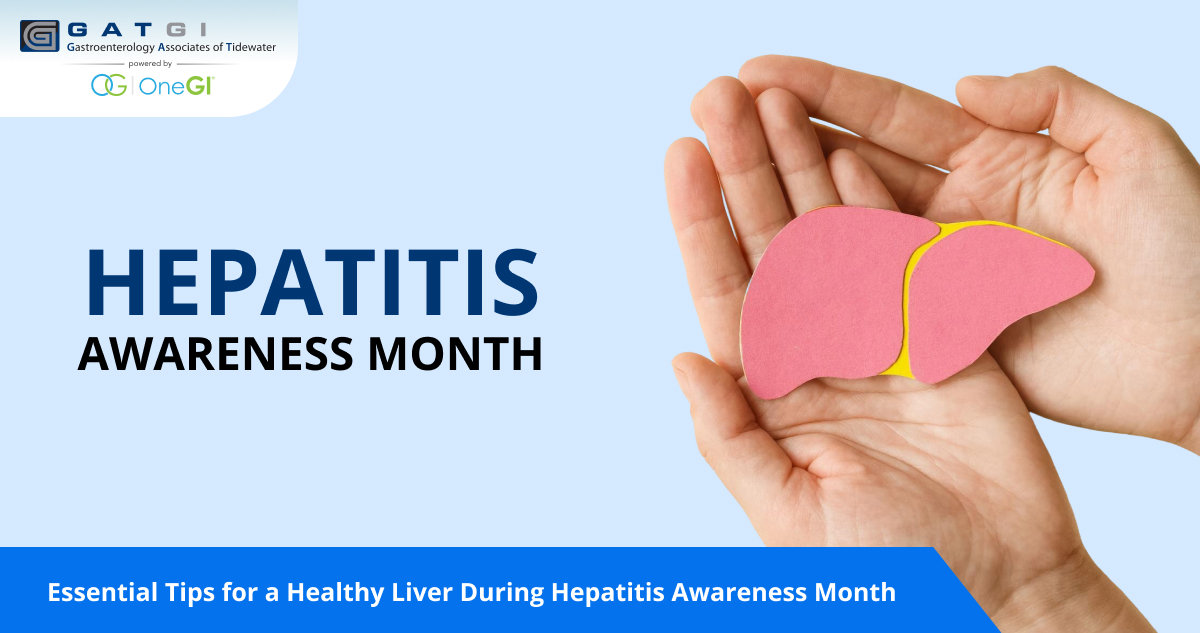A gluten-free diet is the only way to prevent the many health problems associated with celiac disease. Celiac disease is a digestive disorder that affects millions of people in the United States, but many don’t even know they have it. Celiac disease occurs when the body can’t tolerate gluten, a protein found in wheat, barley and rye. Gluten is also found in most grains, flour, pasta, cereals and processed foods. Reading labels before purchasing food is important to avoid food with gluten. If you have celiac disease, eating foods with gluten can damage your small intestine and keep you from absorbing important nutrients from food. That’s why it’s so important to follow a healthy gluten-free diet. In this blog post, we will discuss some tips for having a healthy gluten-free diet.
Through the years, many grocery stores and restaurants have added gluten-free options. So it has become easier to find gluten-free food.
One of the most important things to keep in mind when following a gluten-free diet is to focus on eating a variety of healthy, nutrient-rich foods. This means choosing lots of fruits and veggies, lean proteins like chicken or fish and whole grains such as brown rice or quinoa. It’s also important to avoid processed foods that contain hidden sources of gluten, such as packaged sauces or condiments.
Read the food labels to ensure the food you are purchasing is gluten-free. Some foods that you may not suspect have gluten include beer, candy, gravy, soups, soy sauce, salad dressing, sauces and potato chips. When reading labels check for other terms for hidden gluten such as einkorn, emmer, spelt, kamut, wheat starch, wheat bran, wheat germ, cracked wheat, and hydrolyzed wheat protein. Also avoid emulsifiers, dextrin, mono- and di-glycerides, seasonings, and caramel colors because they can contain gluten.
Another important tip for maintaining a healthy gluten-free diet is to be mindful of your portion sizes. Since gluten-free foods are often higher in calories than their wheat-based counterparts, it’s easy to overindulge and consume a surplus of calories without even realizing it. To prevent overeating, try using smaller plates and bowls, and opt for healthy snacks like nuts or fresh fruit instead of processed snack foods.
At the end of the day, making healthy choices is key to maintaining a balanced gluten-free diet. By focusing on nutrient-rich foods and limiting your portion sizes, you can help ensure that you’re getting all the vitamins and minerals your body needs to thrive. With these tips in mind, you can enjoy a healthy gluten-free diet that supports your optimal well-being.
If you need help managing your symptoms or you’re not sure if you have celiac disease, make an appointment with one of our board-certified gastroenterologists at Gastroenterology Associates of Tidewater. Our offices are conveniently located in Chesapeake and Virginia Beach. To schedule an appointment, call (757) 547-0798.







